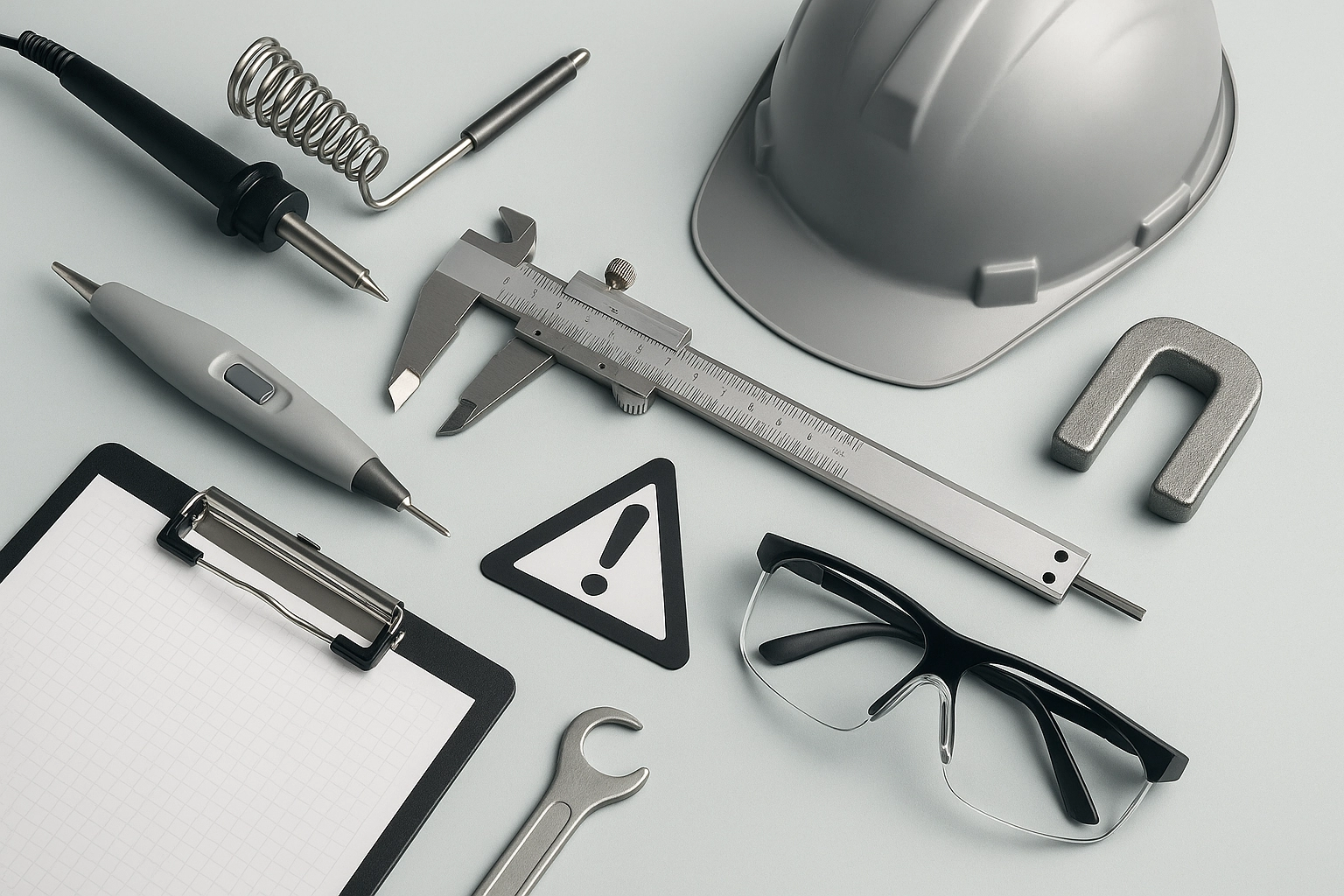EN 71-1 Stability and Overload Test for Toys
The EN 71-1 stability and overload test is a critical requirement in toy safety regulation. This test ensures that toys are robust enough to withstand reasonable use, preventing them from collapsing or falling apart, which could result in injuries. The standard is part of the broader EN 71 series, which covers various aspects of toy safety, including mechanical properties, flammability, and chemical hazards.
The stability aspect focuses on ensuring that toys remain stable during normal play activities. For example, a rocking horse should not tip over when a child leans against it or pulls its tail. The overload test assesses the toy's ability to withstand additional weight beyond its intended use, simulating real-world scenarios where children might accidentally apply more force than expected.
The test protocol involves placing specific loads on different parts of the toy and observing whether any components detach, break, or pose a risk of injury. This is particularly important for toys with small parts that could be ingested by young children. Compliance with this test not only ensures product safety but also protects manufacturers from potential legal issues and recalls.
Failure to meet EN 71-1 can result in significant consequences, including product withdrawals, fines, and damage to brand reputation. Therefore, it is essential for toy manufacturers and importers to understand the detailed requirements of this test and ensure their products pass all relevant checks. The stability and overload test is just one component of a comprehensive safety program that includes regular inspections and updates based on new research and regulations.
The EN 71-1 standard is regularly updated to incorporate the latest findings in toy safety, ensuring that it remains relevant and effective for protecting children's health and well-being. Manufacturers must stay informed about these changes to avoid compliance issues and maintain a high level of product quality.
In summary, the stability and overload test plays a vital role in safeguarding children from potential hazards associated with unstable or overburdened toys. By adhering to this standard, manufacturers can demonstrate their commitment to safety and compliance, ultimately fostering trust among parents and consumers.
Why It Matters
The stability and overload test is crucial for ensuring that toys are safe and reliable under normal use conditions. Without this testing, there is a risk of accidents caused by unstable toy components falling or breaking apart, potentially leading to injuries. The test helps identify potential hazards early in the development process, allowing manufacturers to make necessary adjustments before products reach the market.
From a legal perspective, compliance with EN 71-1 protects manufacturers and importers from liability claims and regulatory actions. Non-compliance can result in costly product recalls, fines, and damage to brand reputation. By investing in robust testing protocols like EN 71-1 stability and overload tests, companies can minimize these risks and focus on delivering safe and enjoyable products for children.
Furthermore, passing the stability and overload test is a key factor in gaining market access to countries that mandate compliance with this standard. This includes many European Union member states as well as other regions around the world. By ensuring their toys meet these stringent requirements, manufacturers can expand their customer base and tap into new markets.
In conclusion, the stability and overload test is not just a regulatory requirement; it is an essential step in maintaining product quality and protecting children's safety. Investing time and resources into thorough testing ensures long-term success and builds consumer confidence in your brand.
Eurolab Advantages
At Eurolab, we understand the importance of accurate and reliable testing for your toy products. Our state-of-the-art facilities equipped with advanced instruments provide precise measurements required by EN 71-1 standards. With years of experience in conducting similar tests across various industries, our team of experts ensures that every aspect of the stability and overload test is thoroughly evaluated.
We offer flexible scheduling options to accommodate your busy production schedule while maintaining high-quality results. Our dedicated staff are always available to answer any questions you may have about the testing process or interpretation of results. Additionally, we provide comprehensive reports detailing all findings from each test run, ensuring transparency and ease of understanding for both internal stakeholders and external parties.
Choosing Eurolab means partnering with a trusted partner committed to excellence in every project. We pride ourselves on delivering consistent accuracy and timely delivery, allowing you to focus on other crucial aspects of your business without worrying about compliance issues. Contact us today to learn more about how we can assist you with EN 71-1 stability and overload testing services.
Why Choose This Test
Selecting the correct test for your toy products is essential in ensuring both safety and regulatory compliance. Here are several compelling reasons why choosing the EN 71-1 stability and overload test is advantageous:
Comprehensive Coverage: The test covers multiple aspects of toy safety, including structural integrity and durability under various loading conditions. This comprehensive approach helps identify potential risks early in the design phase.
Regulatory Mandate: Many countries require compliance with EN 71-1 as part of their toy safety regulations. Meeting these standards ensures seamless market access and avoids costly delays due to non-compliance.
Enhanced Reputation: Demonstrating commitment to stringent safety measures enhances your brand's reputation among consumers and retailers alike, fostering trust and loyalty.
Cost Efficiency: Early detection of defects through rigorous testing reduces the need for expensive post-market recalls. It also minimizes potential legal risks associated with non-compliance.
Innovation Support: By adhering to industry best practices like EN 71-1, you can continue innovating while staying ahead of changing standards and consumer expectations.
Global Reach: Passing this test opens up opportunities for exporting your toys internationally, particularly into major markets such as the European Union.





